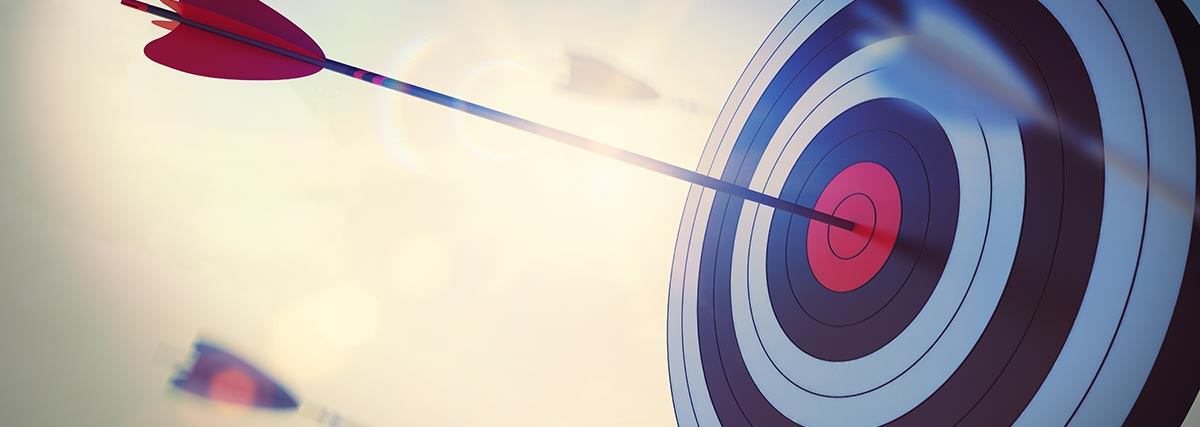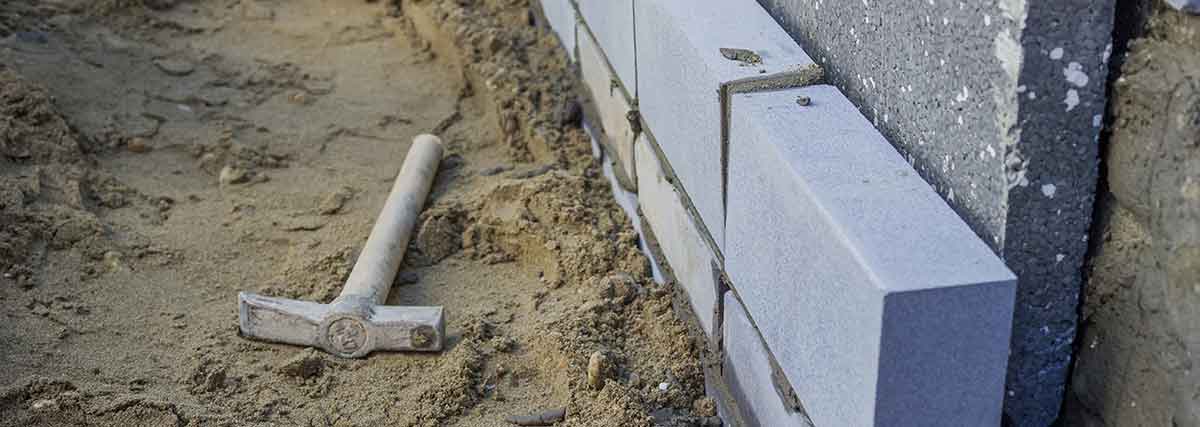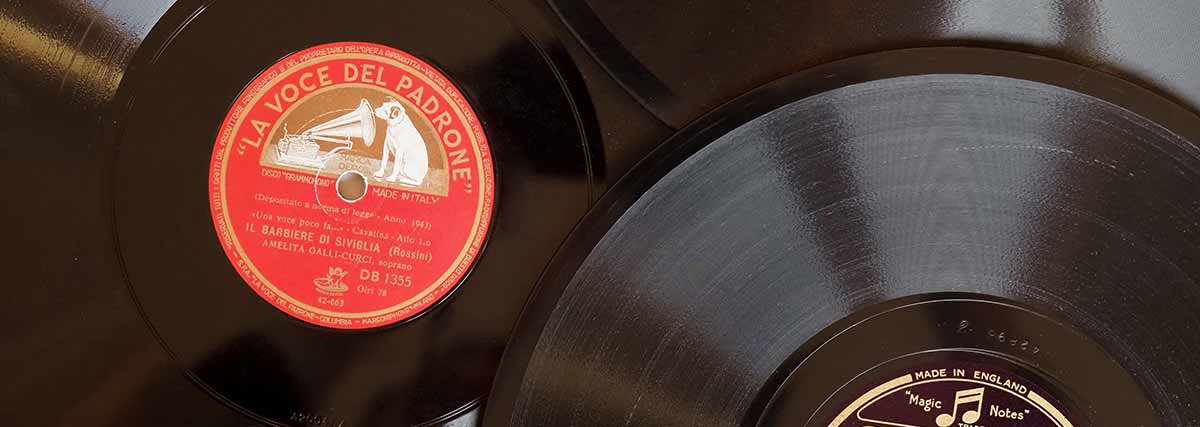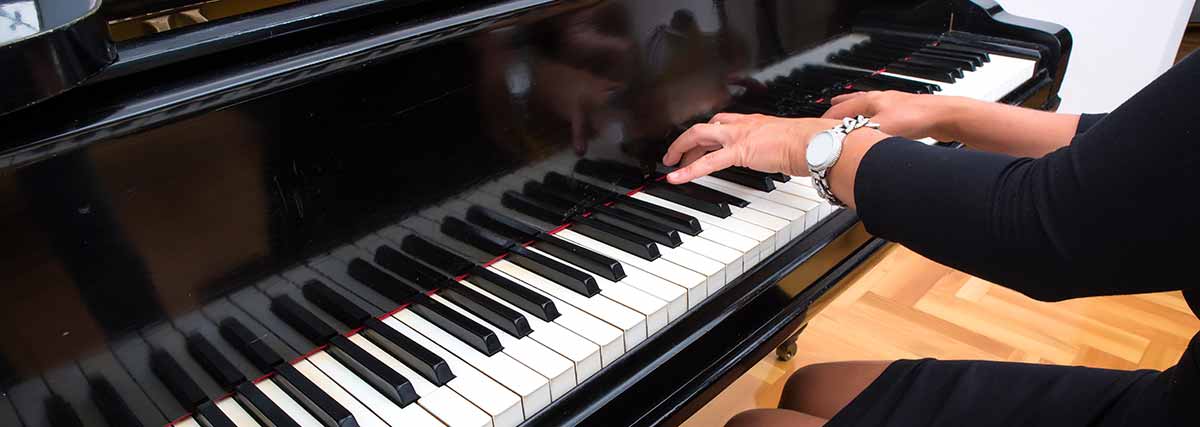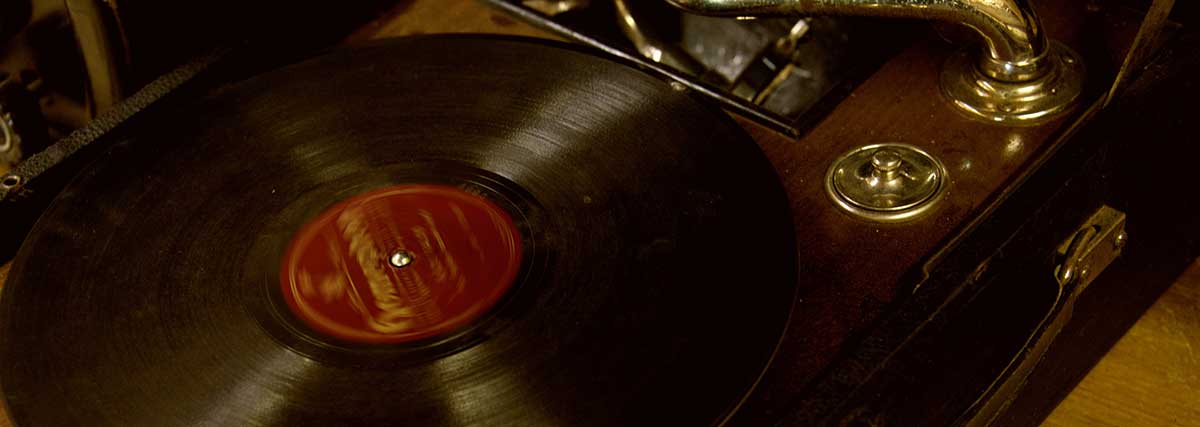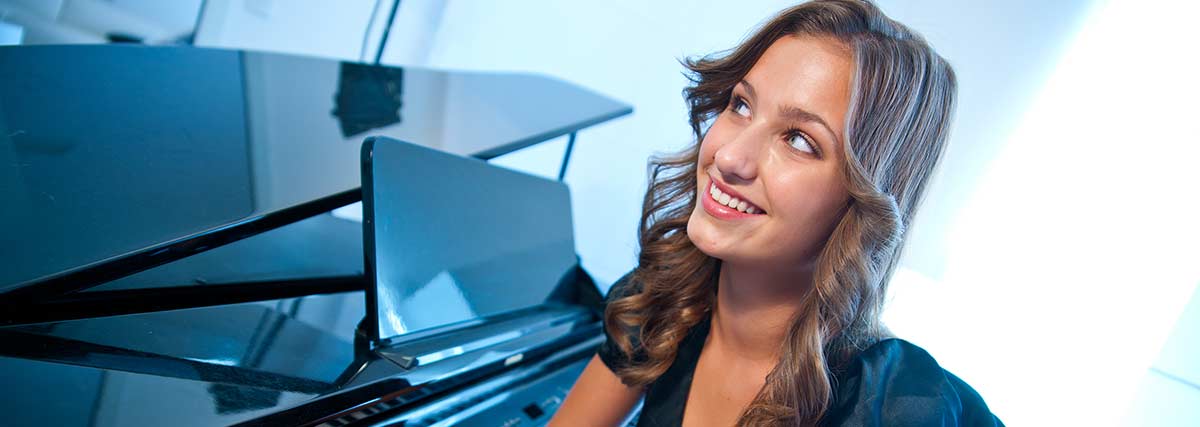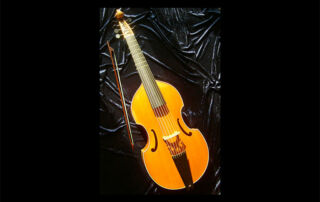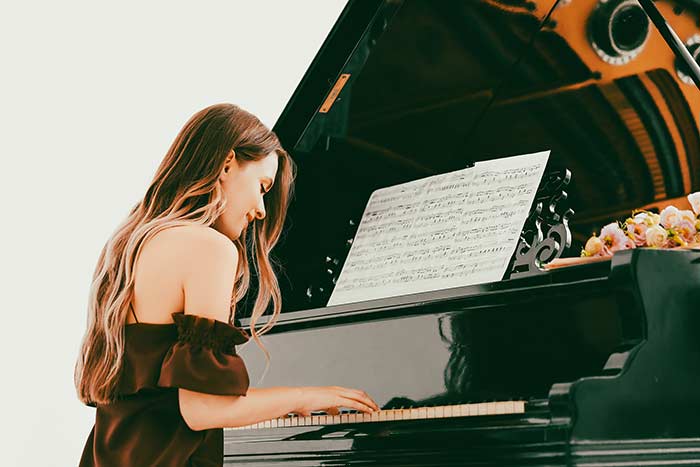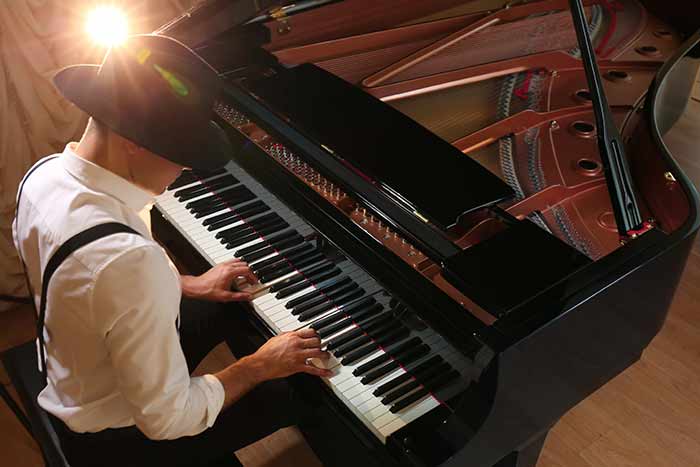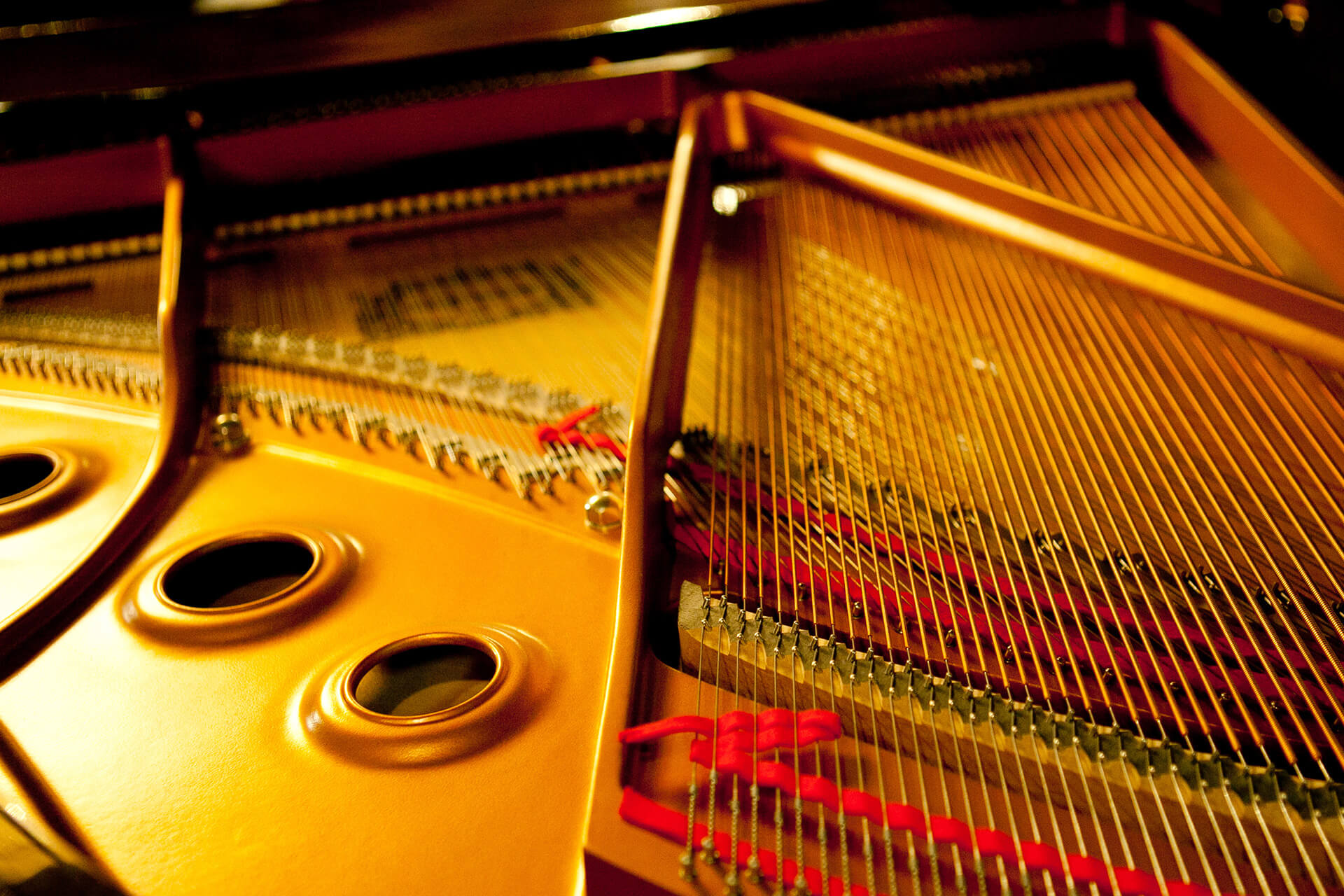Did you dream of playing the piano as a child, but your parents enroled you in tennis? Or did you inherit a grand piano and would like it to be used for more than just decoration? Regardless of your reason for wanting to learn the piano, now you should know that there is no age limit to start. In this article, we offer you some tips to facilitate your learning.
First and foremost, we must let go of the cliché that it is impossible to learn to play an instrument once we reach adulthood. Certainly, it is more challenging than as a child, but it is entirely possible. The human brain can learn throughout life. The methods for learning and understanding something new change with time and age, but everything is attainable with the right approaches. Moreover, learning the piano offers various advantages. In addition to improving dexterity, it is a fun way to stimulate the brain and activate one's creativity.
How to get started?
Your decision is made: you want to learn to play the piano... but you don't know where to start? Here are some tips to help ensure that this new passion doesn't fade away within a few weeks.
1. Find a good teacher
Even though the Internet is full of free tutorial videos, nothing beats the quality of learning and personalised guidance provided by a teacher. It is much easier to track your progress and maintain a strict discipline when you have lessons every Tuesday and exercises tailored specifically for you. It is also enjoyable to receive encouragement from someone who is knowledgeable in the field.
2. Set goals for yourself
Don't hesitate to set specific goals for yourself. Do you want to play a piece for your niece's wedding? Do you want to be able to flawlessly play three songs for a New Year's party? Having specific goals will help you break it down into manageable steps and ensure that your practice routine is solid. It will also be much easier to stay motivated if you have a specific goal in mind.
3. Start with the base
If you are starting piano without any musical background, that's where you need to begin. Music theory may not be everyone's favorite, but it is a fundamental step. You also need to learn the basic techniques, proper posture, how to read sheet music, and so on. You might be tempted to skip all of that, especially if you have a good ear. However, keep in mind that sooner or later, not knowing the basics will catch up with you! Not being able to read sheet music will hinder your ability to play pieces you don't know by heart. Moreover, it is always more difficult to break bad habits than to start off on the right foot from the beginning.
4. Choose a style and songs you like
Even if you believe your tastes are complicated, it will be much more enjoyable to practice the same song over and over again if it's a style you love. Are you passionate about jazz? Choose that style. You will surely find a song at your level, regardless of the genre. You'll be surprised to discover the number of pop songs with a simple melody that you can learn quickly.
5. Make practice a priority
No one woke up miraculously capable of running a marathon. Like anything else, it takes practice and discipline to improve in playing the piano. Dedicate specific time slots in your schedule for practicing the instrument and stick to them religiously! Also, know that it is more effective to practice frequently but for shorter durations than the other way around. Practicing the piano four times a week for thirty minutes will be more effective than doing it only once a week for two hours.
Be careful, dedicating time to practice doesn't mean being inflexible, quite the contrary. Learn to adapt to your lifestyle as well. Resume your practice sessions when you encounter obstacles. Adjust your schedule according to your personal learning style. The schedule you had initially set doesn't work anymore? Change it.
6. Be patient
The motto is: don't give up. It is never easy to start something new, and learning to play the piano takes time. Be patient with yourself and embrace your mistakes. It is through time and practice that you will improve. Choose songs at your level or slightly more advanced, but don't dive into pieces that are too difficult.
7. Listen to music
Even when you are not actively practicing, you can still work on certain theoretical elements. The key? Listen to music. Play songs that you enjoy and take the time to analyze their components: the rhythm, the harmonies, the different instruments. Try to identify which piano key corresponds to each note. Repeat the exercise with completely different music styles.
8. Celebrate the victories
As mentioned earlier, learning the piano is a gradual process. All the more reason to celebrate each of your small victories! Did you play a melody without making any mistakes for the first time? That's worth celebrating! Taking the time to acknowledge your progress will help you stay positive and motivated.
9. Have fun
No one is forcing you to learn the piano! Even though it can be discouraging at times to learn to master an instrument, remember why you started in the first place. You want to play the piano for your own enjoyment! Avoid putting pressure on yourself and savor the joy of learning to play a new piece.
In conclusion, remember that even if you are no longer a child, it is entirely possible to learn to play the piano. Music is a beautiful passion, and playing your favorite songs yourself is a true gift you give yourself. One final tip? Don't wait any longer! If you have been dreaming of starting to play the piano or enrolling in a class for a long time, do it right away!



